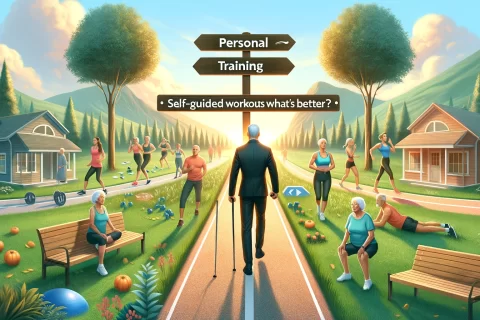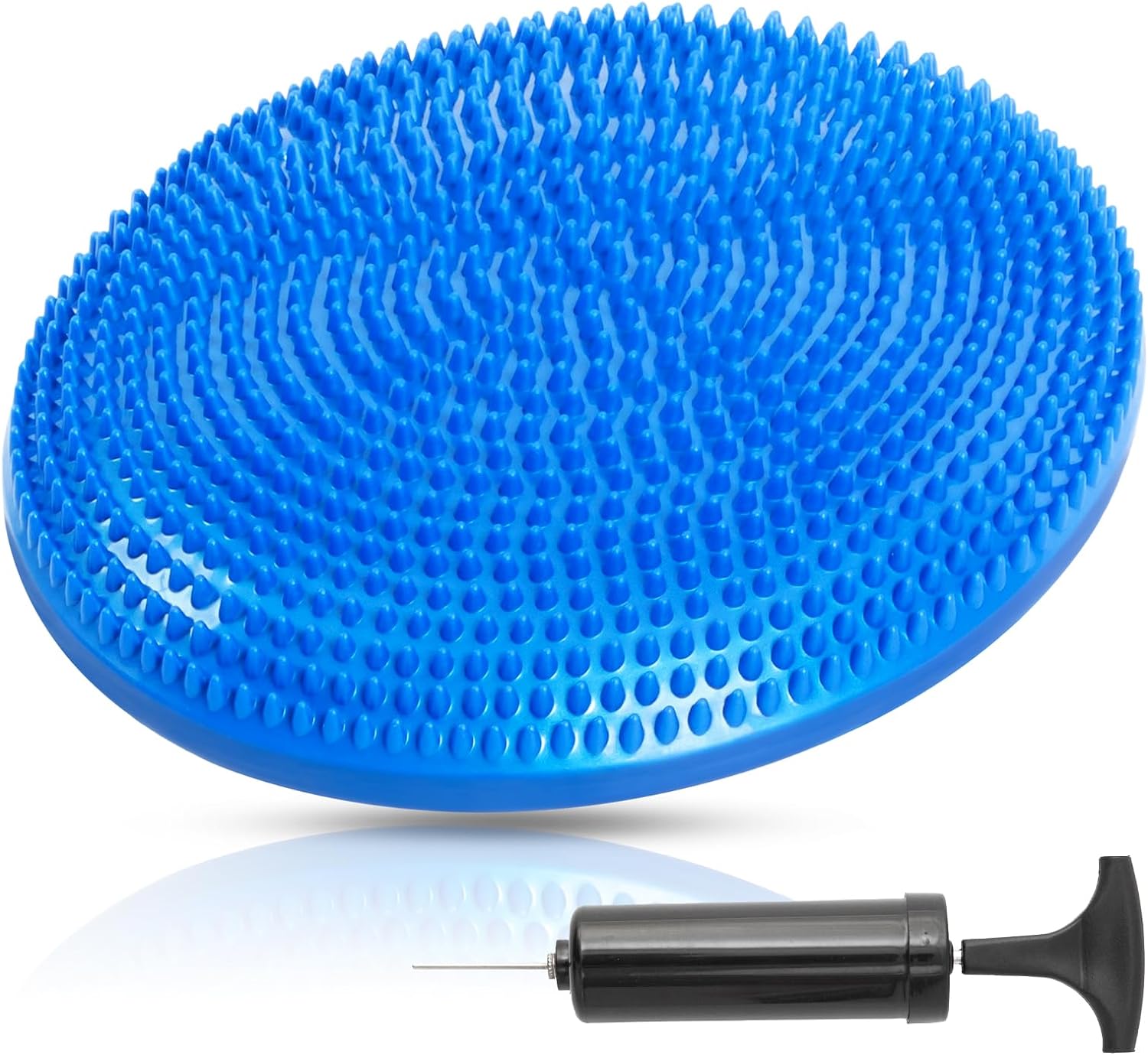Staying proactive about health in our golden years isn’t just a choice; it’s a necessity. Senior health screenings play a pivotal role in maintaining wellness, preventing diseases, and enhancing the quality of life as we age. This comprehensive guide will delve into why these screenings are indispensable, which tests are crucial, and how to prepare for them, ensuring you stay informed and ahead in your health journey.
Introduction to Senior Health Screenings
As we navigate the later chapters of our lives, the significance of health screenings cannot be overstated. Senior health screenings are specialized medical evaluations designed to detect and monitor conditions that commonly affect older adults. These screenings are critical because they cater to the unique health challenges that arise as we age, helping to pinpoint issues before they become severe.

- Understanding the need for these screenings is the first step toward proactive health management.
- For seniors, these tests are more than routine check-ups; they are a key component in maintaining independence and quality of life.
- They allow for the early detection of diseases such as cardiovascular issues, various cancers, and osteoporosis, which are more prevalent as we age.
- By identifying health problems early, seniors can access treatments sooner, which can lead to better outcomes and a prolonged active lifestyle.
Why Are Health Screenings Important for Seniors?

Health screenings are more than preventive measures; they are a fundamental aspect of a senior’s healthcare routine, designed to safeguard their health as they age. The importance of these screenings cannot be overstressed, as they hold the key to detecting potential health issues before they evolve into more serious conditions.
Benefits of Regular Health Screenings
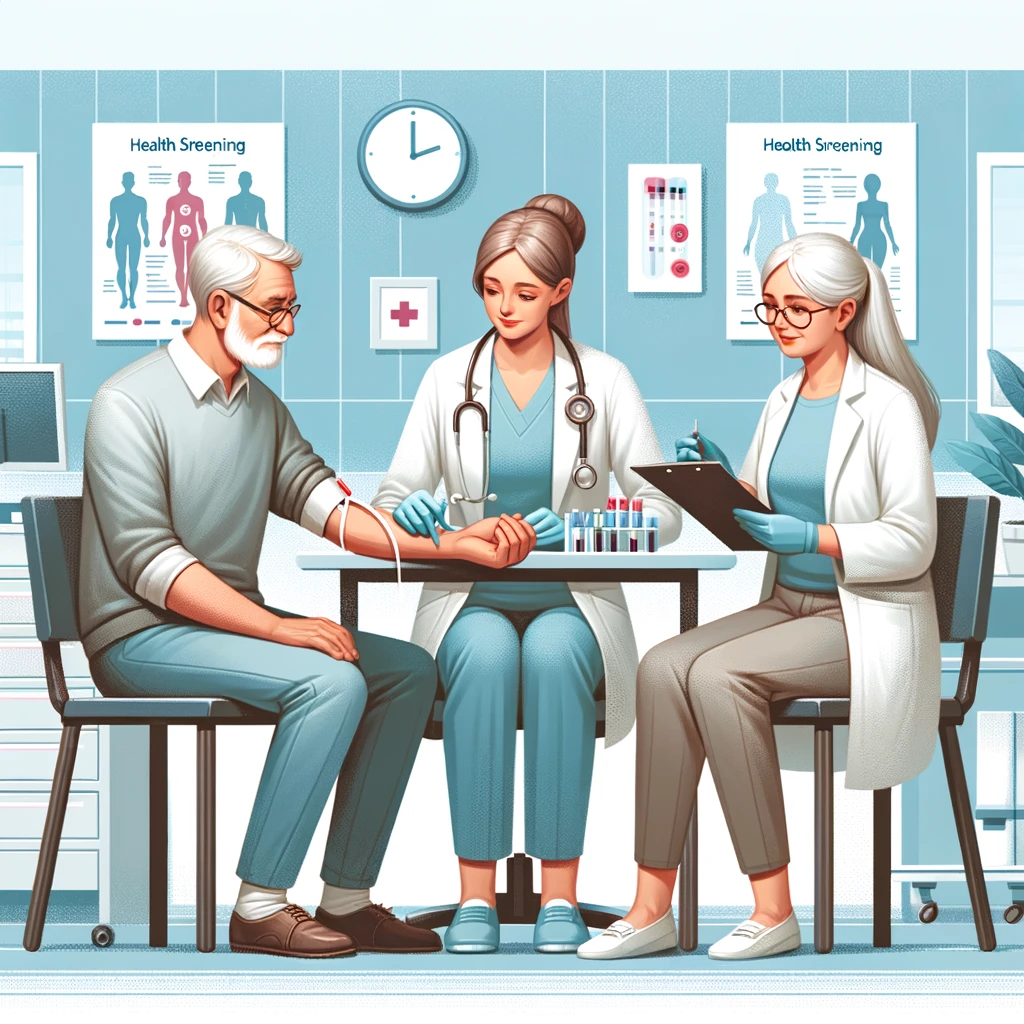
- Early Detection of Diseases: Detecting diseases in their early stages can drastically improve the chances of successful treatment and management. Screenings like mammograms for breast cancer or colonoscopies for colorectal cancer can catch these conditions when they are most treatable.
- Prevention of Complications: Regular screenings can help prevent complications in seniors with chronic conditions. For instance, catching diabetes early can prevent the severe complications that come from unchecked blood sugar levels, such as vision loss or kidney damage.
- Peace of Mind: Knowing one’s health status can alleviate fears and uncertainties about aging and health. Regular check-ups can provide reassurance or prompt early actions to address health concerns.
- Improved Management of Chronic Diseases: Chronic diseases like hypertension and osteoporosis can be managed more effectively with regular monitoring, improving overall health and preventing severe consequences. Screenings ensure that treatment plans are updated and optimized according to the latest health status.
- Personalized Health Strategies: Health screenings enable personalized healthcare strategies that are tailored to the individual needs of seniors. By assessing health continuously, doctors can make informed decisions about lifestyle adjustments, medication changes, or further testing needed.
Key Senior Health Screenings You Should Not Miss
Routine health screenings are vital for detecting potential health issues in their nascent stages. For seniors, certain tests are considered essential because of the common health issues that arise with aging. Here’s a detailed look at some of the critical screenings for seniors:
1. Cardiovascular Health Screenings
Heart disease remains a leading cause of death among older adults, making cardiovascular health screenings crucial for early detection and management of heart-related conditions.

- Blood Pressure: Regular blood pressure checks are essential. Hypertension, often symptomless, can lead to severe complications like stroke and heart attack if untreated.
- Cholesterol Levels: Monitoring cholesterol is vital since high levels increase the risk of coronary artery disease. A simple blood test can help manage this risk effectively.
- Echocardiogram: This test uses sound waves to create images of the heart, helping doctors observe the heart’s structure and function. It is particularly important for those with symptoms or a history of heart disease.
2. Cancer Screenings
Cancer’s risk increases with age, making regular screenings a critical component of senior healthcare.
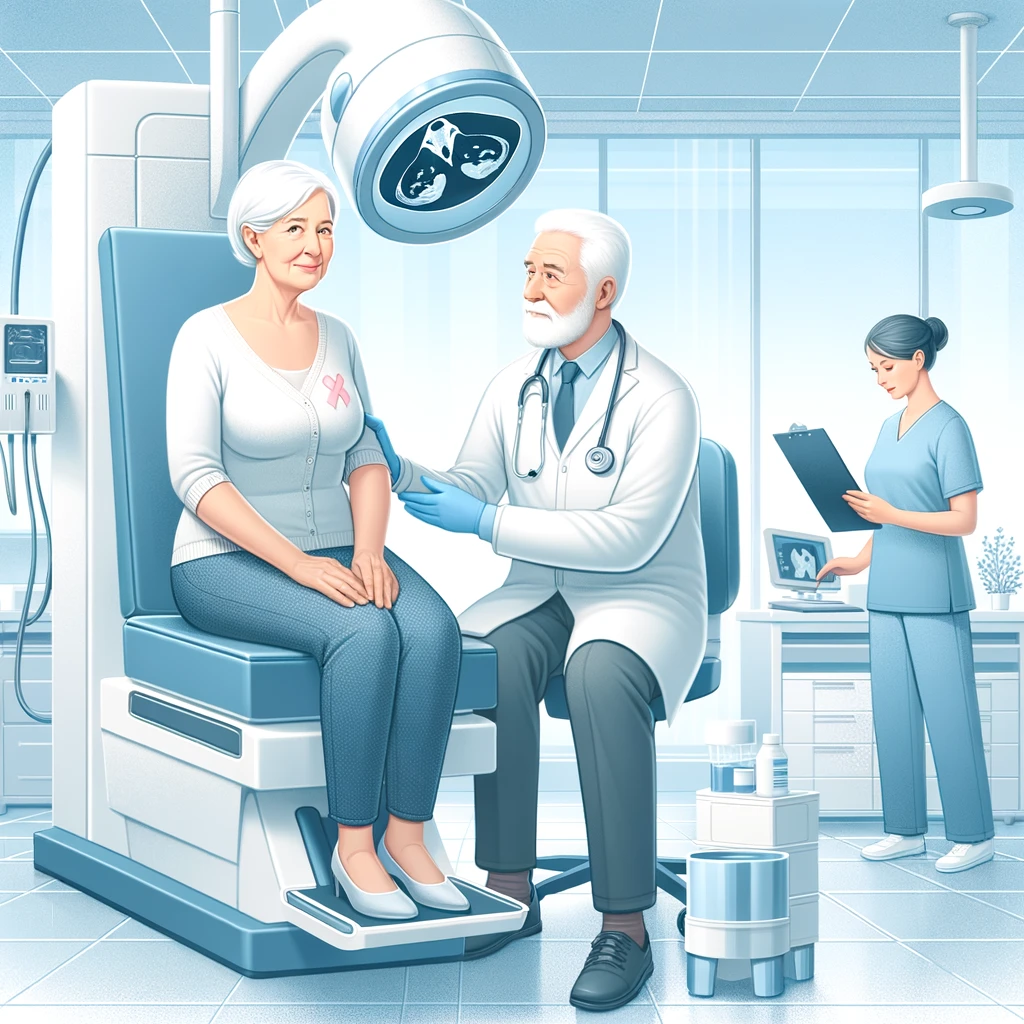
- Mammograms: For women over 55, mammograms are recommended every one to two years. They are crucial for detecting breast cancer early, when it is most treatable.
- Colonoscopy: This test is recommended starting at age 50 and then every ten years if no risk factors are present. It’s essential for spotting early signs of colorectal cancer.
- Prostate Cancer Screening: Men are advised to discuss PSA (Prostate-Specific Antigen) testing with their doctors by age 50. This blood test is used to detect prostate cancer early.
3. Bone Health Screenings
Osteoporosis becomes a significant risk as bones naturally weaken with age.
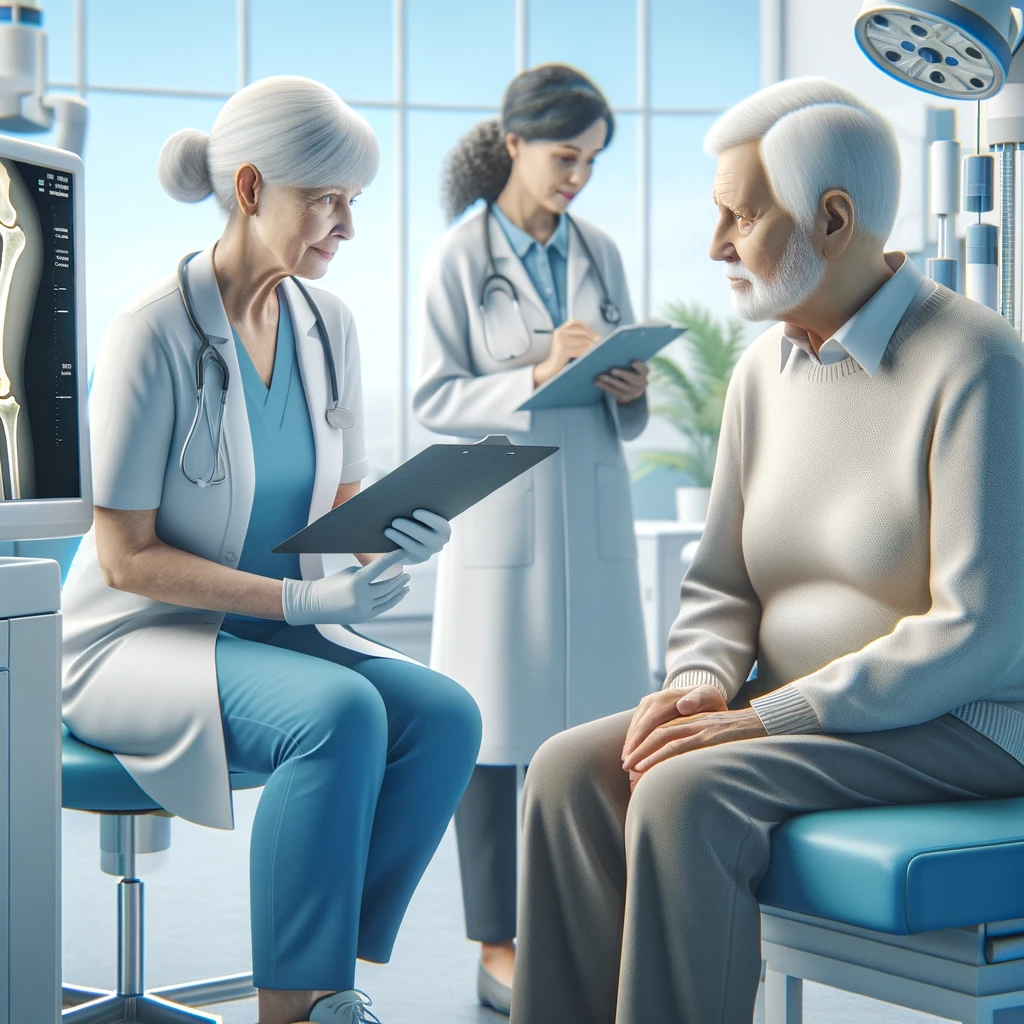
- Bone Density Test: A bone density test can diagnose osteoporosis and osteopenia—conditions that lead to an increased risk of fractures. This test is crucial for women post-menopause and for men over 70.
4. Diabetes Screenings
With age, the risk of Type 2 diabetes increases, making regular screenings important for maintaining health.

- Blood Glucose Tests: These tests measure the amount of sugar in the blood to help manage diabetes effectively. Early detection can prevent complications such as nerve damage and cardiovascular disease.
5. Eye and Hearing Tests
Sensory organs can deteriorate with age, impacting quality of life significantly.
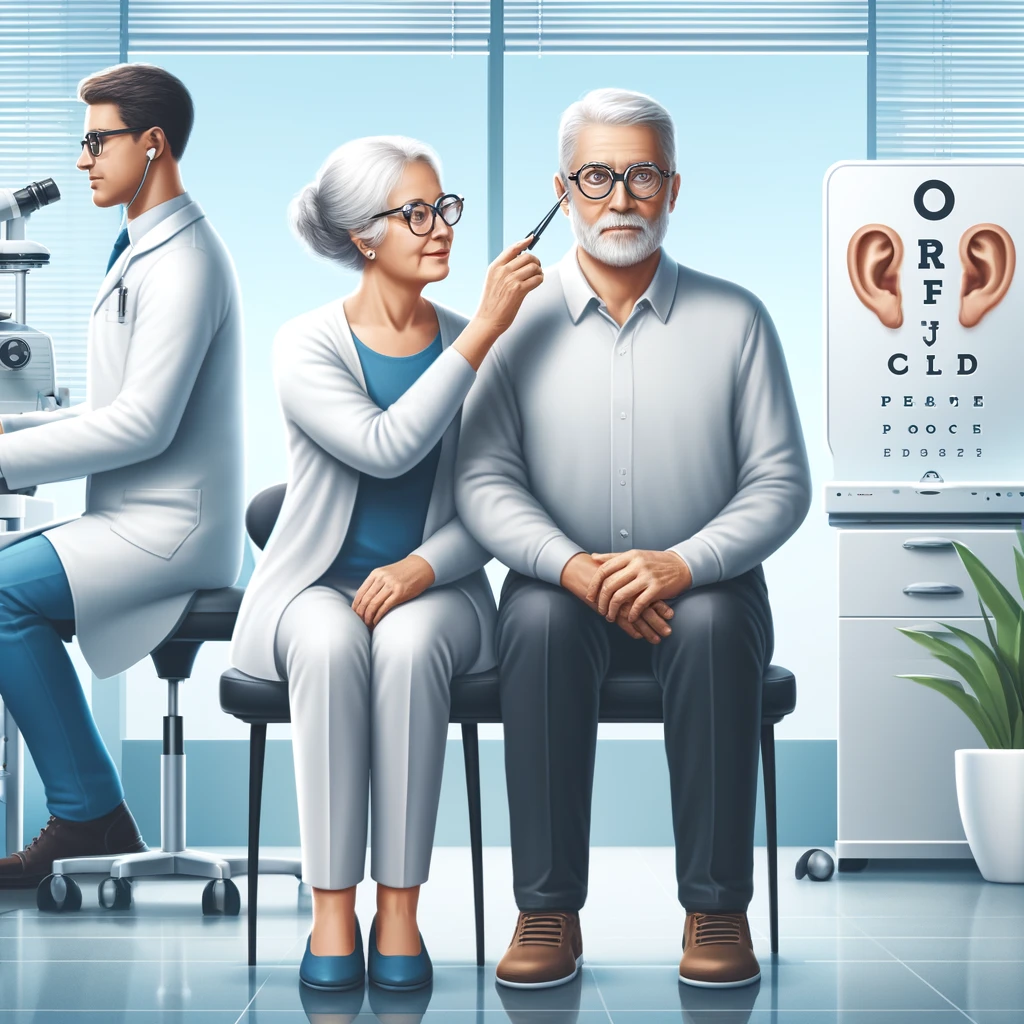
- Glaucoma Screening: Regular eye exams can detect glaucoma early, helping to preserve vision. Glaucoma often has no symptoms until significant damage has occurred.
- Hearing Tests: Hearing loss is common among seniors and can affect communication and social interactions. Regular hearing tests can identify problems early and help seniors maintain a better quality of life through effective interventions like hearing aids.
Preparing for Your Screenings: Steps to Take
Preparing adequately for health screenings can help ensure that you get the most accurate results from your tests. For seniors, knowing what to do before a screening can make the process smoother and less stressful. Here are essential steps to consider:
Before the Screening
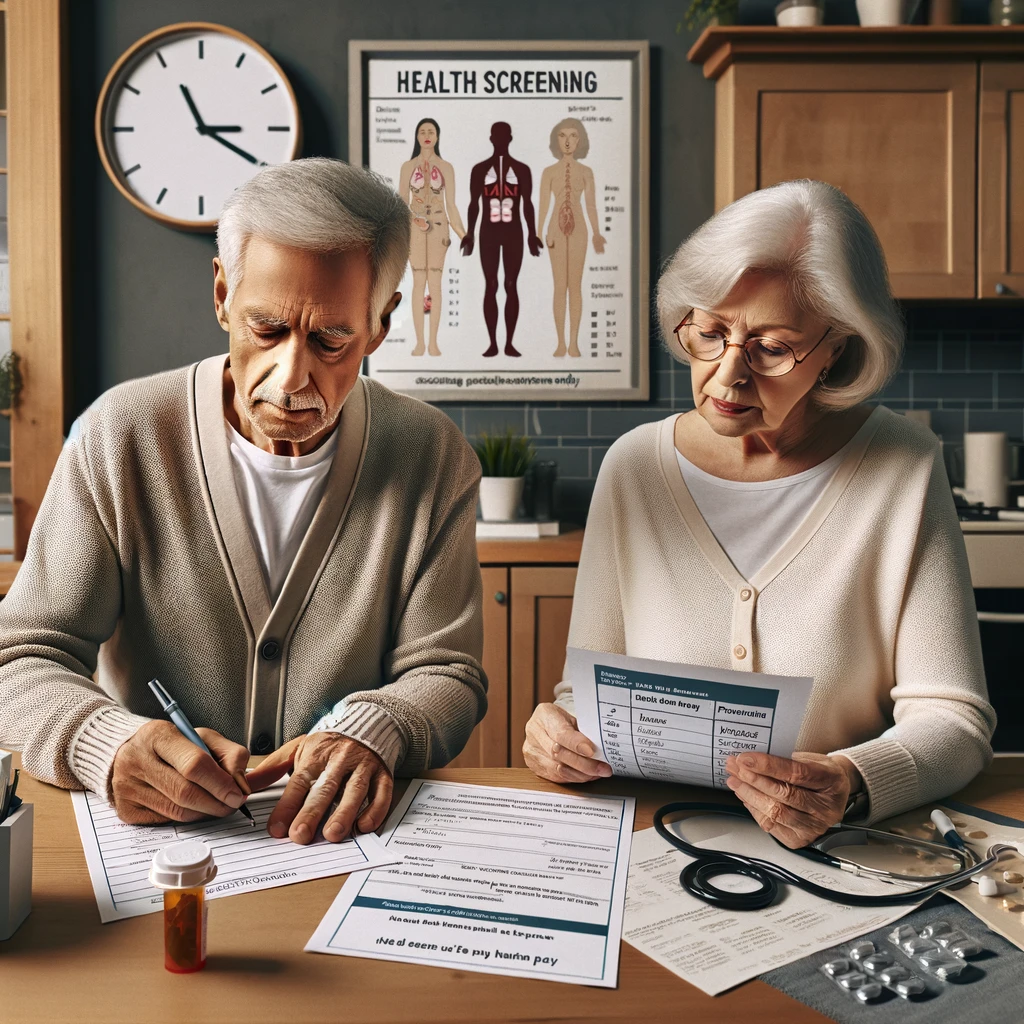
- List of Current Medications: Prepare a comprehensive list of all medications you are currently taking, including prescription drugs, over-the-counter medicines, and supplements. This information is crucial for healthcare providers to avoid any potential interactions and to understand any influences on test results.
- Understand the Requirements: Different tests may have specific requirements. For example, some blood tests might require fasting. Make sure you understand and follow the pre-test instructions provided by your healthcare provider.
- Schedule Wisely: Consider scheduling your appointments at a time when you feel at your best. For many, mornings are better as they are well-rested. Also, consider the timing of medications if they need to be taken with food.
Day of the Screening
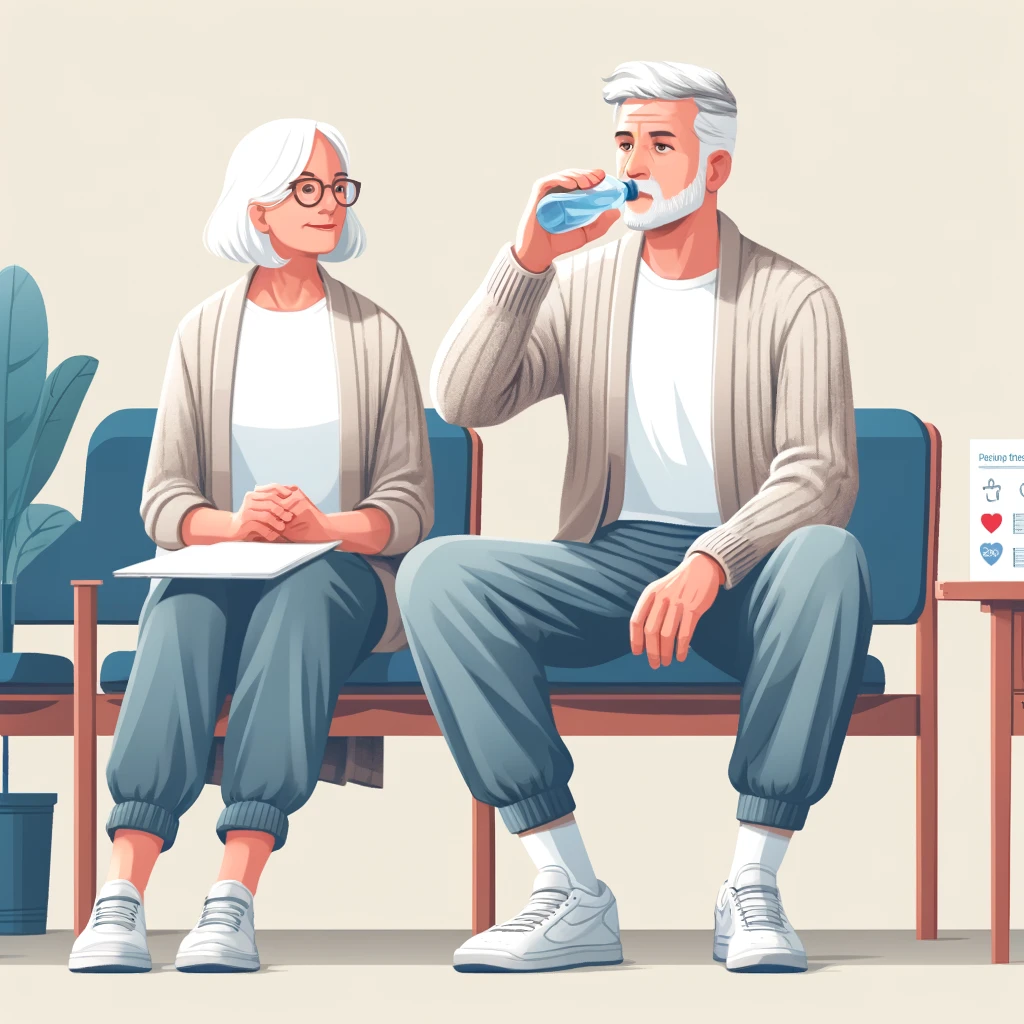
- Fasting: If your screening requires fasting, ensure you do not eat or drink anything other than water for at least 8-12 hours before the test. This is common for blood glucose tests or cholesterol tests.
- Comfortable Clothing: Wear loose, comfortable clothing to your appointment. This is particularly important for tests that involve physical exams or where you might need to change into a medical gown.
- Bring a Friend or Family Member: Having someone accompany you can provide emotional support and help with transportation. They can also assist in remembering information provided during the screening.
After the Screening

- Discuss Results: After your screenings, discuss the results with your healthcare provider. Understand what the results mean and what next steps, if any, should be taken.
- Regular Follow-Up: Maintain a schedule of regular follow-ups as advised by your healthcare provider. This helps monitor any changes in your health over time and adjust treatments as necessary.
- Keep Records: Keep your own records of all health screenings and results. This can be helpful when seeing multiple specialists or in case of emergency.
Managing Anxiety
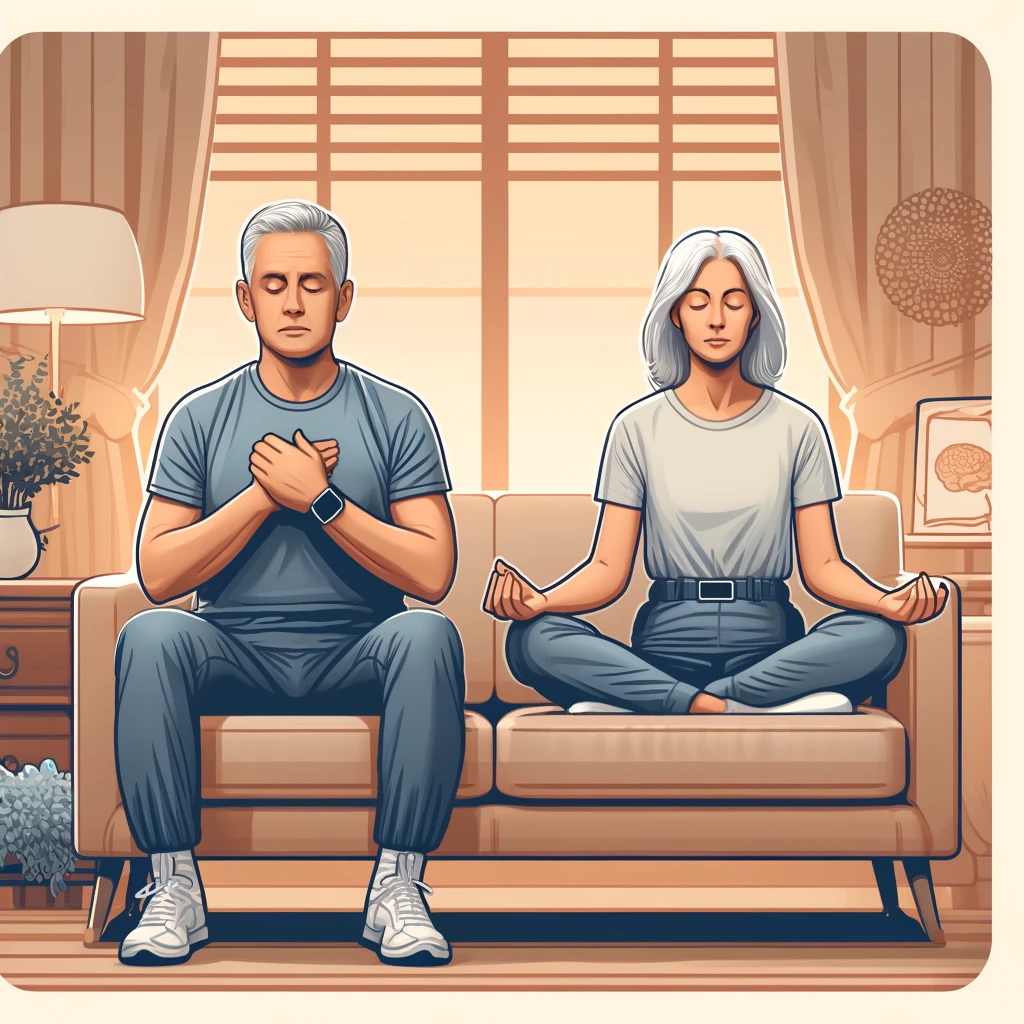
Many seniors experience anxiety about health screenings due to fear of potential bad news. It’s important to manage this stress as it can impact your overall well-being. Techniques such as deep breathing, meditation, or discussing your concerns with a trusted friend or healthcare provider can help alleviate anxiety.
Stories of Success: Motivational Insights
Hearing about others who have benefited from regular senior health screenings can be incredibly motivating. For instance, John, a 68-year-old retiree, discovered his type 2 diabetes early thanks to routine blood glucose tests. With dietary changes and regular exercise, he now enjoys a vibrant, active lifestyle. Stories like John’s underscore the transformative impact of staying vigilant about our health.
Conclusion
Senior health screenings are a cornerstone of healthy aging. By participating in regular screenings, seniors can lead fuller, more active lives while managing potential health risks. Remember, these screenings are not just about finding illness; they are about maintaining wellness.
About Steve Allison
At the helm of your wellness journey is Steve Allison, an experienced personal trainer and nutrition specialist for seniors. With a wealth of experience and certifications from the National Academy of Sports Medicine (NASM), Steve is dedicated to helping seniors live out their golden years healthily and happily. At TheFitnessHelpDesk.com, Steve combines his expertise with a passion for fitness to guide seniors through the maze of health screenings and beyond.
Embrace your health with confidence and the right information—let Steve Allison and the essential guide to senior health screenings lead the way to a healthier you!










